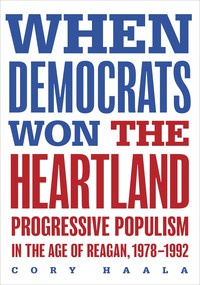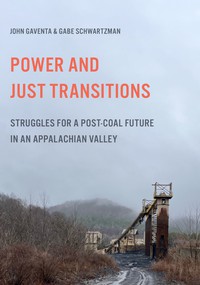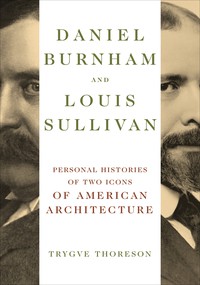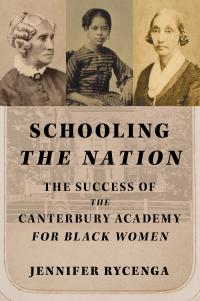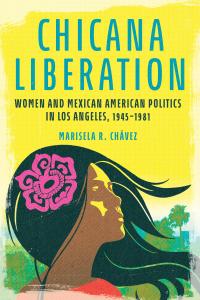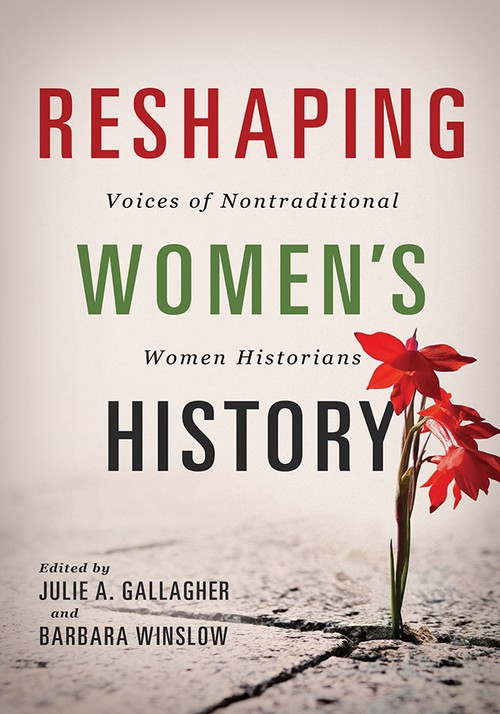
Reshaping Women's History
Cloth: 10/15/2018
About the Book
Award-winning women scholars from nontraditional backgrounds have often negotiated an academic track that leads through figurative--and sometimes literal--minefields. Their life stories offer inspiration but also describe heartrending struggles and daunting obstacles.Reshaping Women's History presents autobiographical essays by eighteen accomplished scholar-activists who persevered through poverty or abuse, medical malpractice or family disownment, civil war or genocide. As they illuminate their own unique circumstances, the authors also address issues all too familiar to women in the academy: financial instability, the need for mentors, explaining gaps in resumes, and coping with gendered family demands, biases, and expectations.
Eye-opening and candid, Reshaping Women's History shows how adversity, and the triumph over it, enriches scholarship and spurs extraordinary efforts to effect social change.Contributors: Frances L. Buss, Nupur Chaudhuri, Lisa DiCaprio, Julie R. Enszer, Catherine Fosl, Midori Green, La Shonda Mims, Stephanie Moore, Grey Osterud, Barbara Ransby, Linda Reese, Annette Rodriguez, Linda Rupert, Kathleen Sheldon, Donna Sinclair, Rickie Solinger, Pamela Stewart, Waaseyaa'sin Christine Sy, and Ann Marie Wilson.
About the Author
Julie A. Gallagher is an associate professor of history and women's studies at Penn State Brandywine. She is the author of Black Women and Politics in New York City. Barbara Winslow is a professor emerita of Brooklyn College of the City University of New York. She is the author of Sylvia Pankhurst: Sexual Politics and Political Activism and Shirley Chisholm: Catalyst for Change.Also by this author
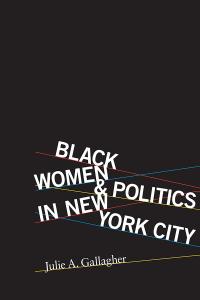
Reviews
"Depositing their papers, journals, and oral histories in archives, the recipients have provided for future generations examples of 'feminist and social justice activism.' . . . The collection significantly contributes to women's history and women's studies." --Journal of American HistoryBlurbs
"One gasps at the life-threatening illnesses, the wrong turns, and the array of discrimination these authors face. At the next moment, the reader cheers them on, wanting to celebrate every success and intellectual discovery. The combined elements of horrific challenges in some cases and redemption in all of them make for a rich autobiographical experience that powerfully stirs the reader."--Bonnie G. Smith, author of The Gender of History: Men, Women, and Historical Practice




